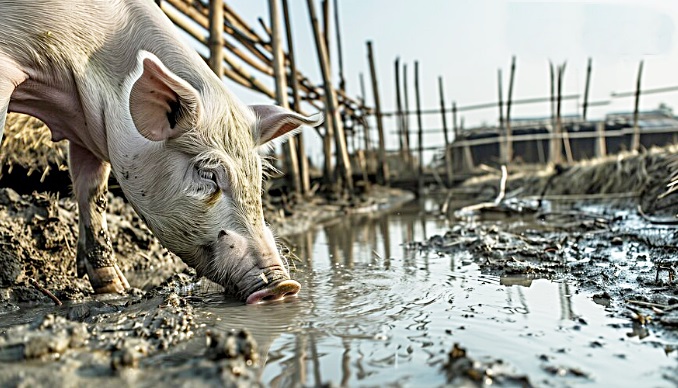1562

According to the latest EFSA update, 14 member states are affected by African swine fever (ASF), leading to a five-fold increase in outbreaks in domestic pigs compared to the previous year. These are the main findings of the most recent annual epidemiological report published today by EFSA.
For domestic pigs, 2023 saw the highest number of African swine fever (ASF) outbreaks since 2014. Croatia and Romania accounted for 96% of the total number of outbreaks (1,929). The number of outbreaks in wild boars in 2023 increased by 10% compared to the previous year.
The virus was first introduced into Sweden and Croatia and spread to new areas in Italy. It reappeared in Greece after a two-year hiatus. Germany, Hungary, and Slovakia saw an improved epidemiological situation in their countries, with a decrease in the number of outbreaks in wild boars.
EFSA experts recommend prioritizing passive surveillance, including searching for and testing wild boar carcasses, rather than active surveillance, including testing hunted wild boars to detect ASF outbreaks.
Passive surveillance, especially observing clinical signs of the disease, remains the main method of detecting ASF in domestic pig units. Therefore, farmers and veterinarians have a particularly important role to play in reporting suspected cases.
In October 2024, EFSA will issue a scientific opinion reviewing the risk factors for the emergence, spread, and persistence of ASF virus in wild boar populations, as well as in domestic pigs. Our advice will support risk managers in their ongoing efforts to prevent, control, and eradicate the spread of ASF virus.





